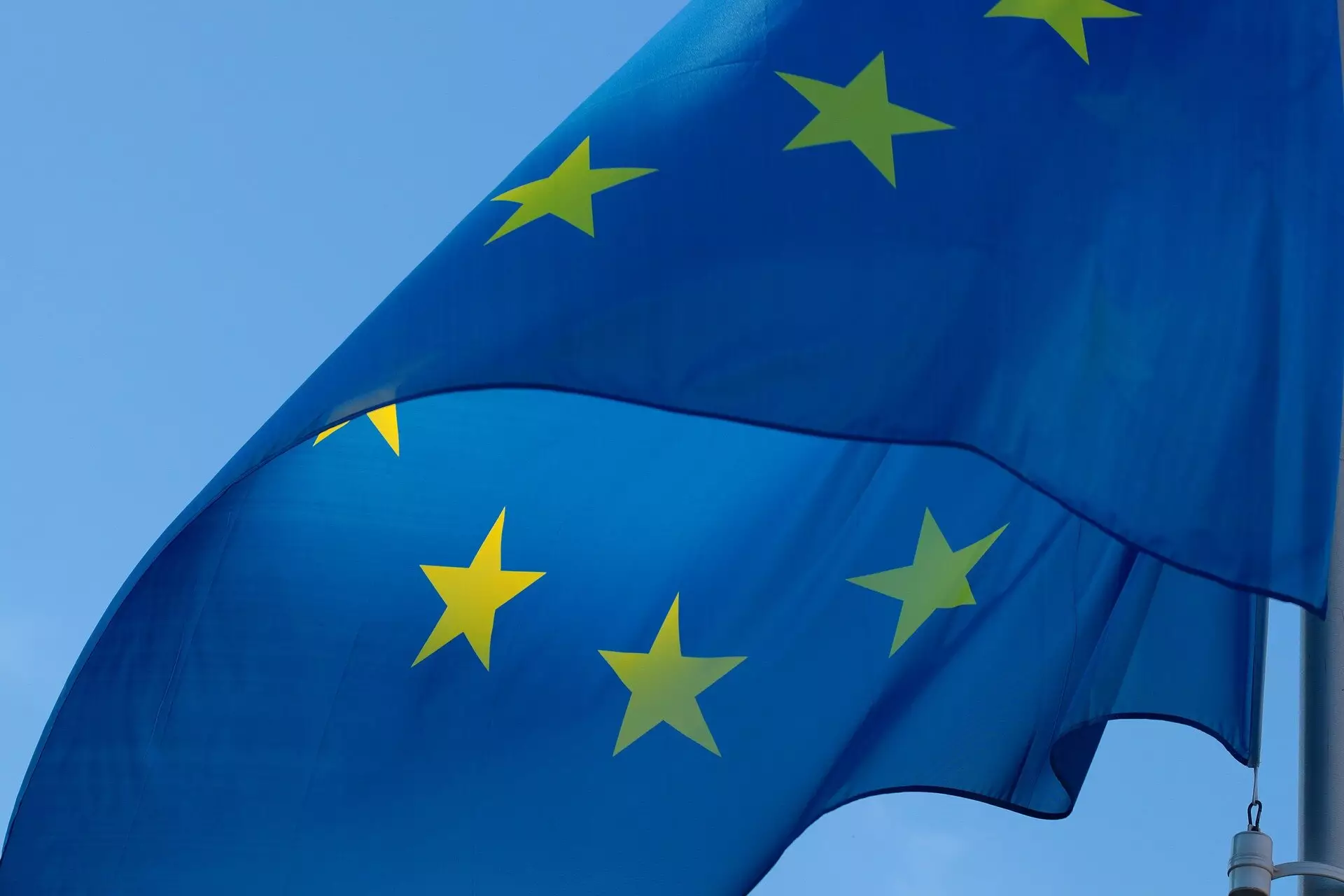Over the years, the European Union has implemented a series of regulations aimed at reshaping the technological landscape within the 27-member bloc. These regulations have had a profound impact on various aspects of technology use, from data protection to consumer rights. As the EU prepares for the upcoming European Parliament elections, it is important to reflect on the deep transformations that have taken place in the field of technology.
One of the most significant changes brought about by the EU is the General Data Protection Regulation (GDPR) introduced in 2018. The GDPR revolutionized the way websites collect and use personal data by requiring them to obtain explicit consent from users before tracking their online activities. While the intention of GDPR is to protect personal information, users have expressed frustration with having to navigate through pop-up windows and permission lists. This has created a new layer of complexity for internet users, leading to complaints about the cumbersome nature of the consent process.
In 2014, the EU’s top court ruled that search engines like Google must remove personal data under certain circumstances, setting a precedent for what is known as the “right to be forgotten”. The GDPR expanded on this concept, giving individuals the right to request the deletion of their personal data. This has led to an increase in requests for data removal, with many people seeking to erase information related to their past employers. While Google has pushed back against these regulations, the prevalence of such requests continues to grow.
Another area where the EU has made strides is in protecting consumer rights, particularly in the realm of mobile networks. In 2017, the EU banned roaming charges within the bloc, making it more affordable for consumers to use their phones while traveling. This move has been praised for simplifying the mobile experience and reducing the mental burden of dealing with excessive fees. For individuals like French executive Kevin Eon, the elimination of roaming charges has made it easier to stay connected while abroad without the need for multiple SIM cards.
In a bid to further streamline technology use, the EU has mandated the use of USB-C ports for all devices sold within the bloc. While most manufacturers already comply with this standard, Apple initially resisted the change, citing concerns about stifling innovation. However, the company eventually embraced the transition and began shipping phones with USB-C ports. This move reflects the EU’s commitment to creating uniformity in technology standards, ultimately benefiting consumers by reducing the clutter of multiple charging cables.
Beyond data privacy and consumer rights, the EU has also sought to level the playing field for online platforms by introducing regulations that promote competition. These rules aim to curb the dominance of major tech companies and create space for smaller competitors. For instance, Google is no longer permitted to redirect users from its search engine to its maps app, signaling a shift away from monopolistic practices. While opinions on these regulations vary, they represent a concerted effort by the EU to foster a more diverse and inclusive online environment.
The technological landscape in the European Union has undergone significant changes in recent years, driven by a series of regulations aimed at enhancing data privacy, consumer rights, and competition in the digital sphere. As the EU continues to adapt to evolving technologies, it is essential to reflect on the impact of these regulations on both users and businesses. By establishing clear guidelines and standards, the EU is paving the way for a more transparent, secure, and innovative technological future within the bloc.


Leave a Reply
You must be logged in to post a comment.